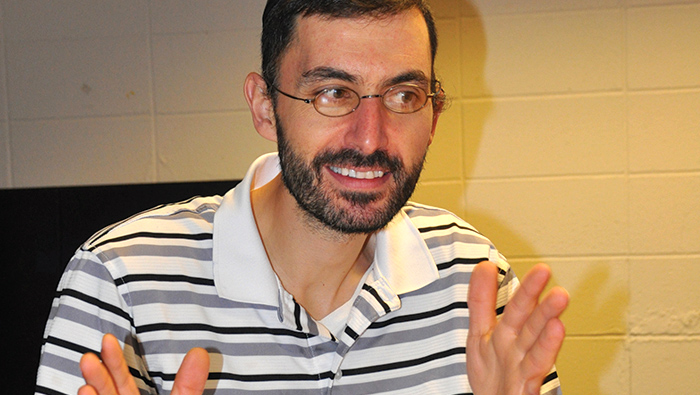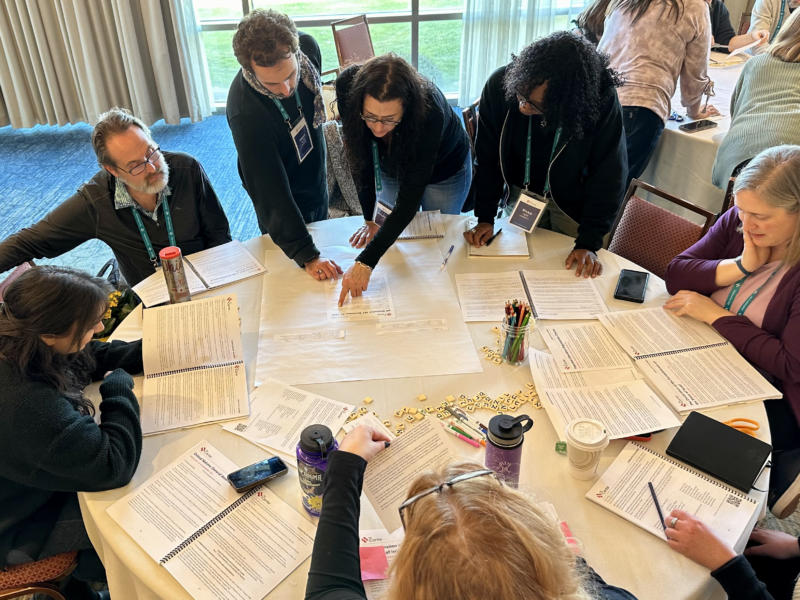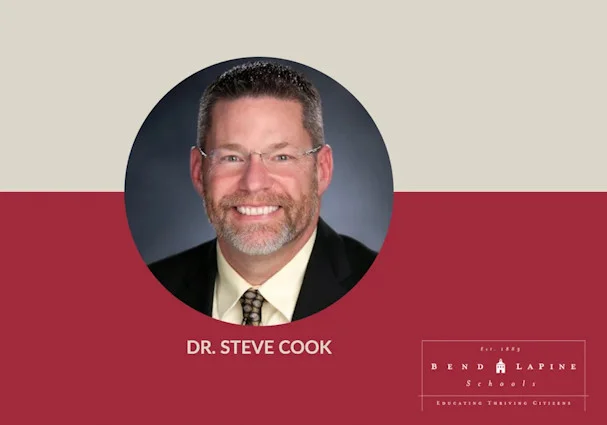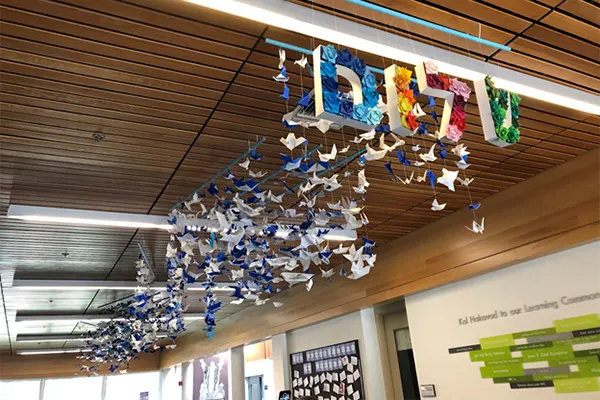
Twice a week, Portland Kollel Rabbi Gadi Levy helps groups of adults understand the “key that opens up the wealth of Talmud.”
The Talmud is the encyclopedia of Jewish law and Jewish thought. The Talmud is also the medium whereby the rabbis and teachers taught students how to view and accurately analyze contemporary issues.
Looking at a page of Talmud is intimidating, explains the rabbi. Aramaic is complicated and with no punctuation it is hard to determine if something is a statement or question. But Professional Beit Midrash, a program developed by brothers Rabbi Gabi Brett and Rabbi Dani Brett, isolates a small piece and brings people to a comfort level with the text.
“Before I got this system, it was hard to study with someone with no Talmudic background,” says Rabbi Levy. “This system puts us on an equal plane where we are able to discuss it from an analytical perspective. …Talmud’s role is to train our minds to think from an analytical perspective.”
The class typically spends three to four classes on a sugya (piece of Talmud). Students use the tools in their class notebooks to work through the four lines of relevant text that have been isolated for the lesson. For instance, in addition to the literal translation of each word, the notebooks identify key words that always have the same meaning. When a line says a rabbi “attacks,” it means he is going to attack a statement. Since the literal translation does not make sense, students use the tools provided to create a sentence that makes sense and get deeper into the meaning.
Each week students try to work through those four lines with a study partner for the first 45 minutes of class, and then Rabbi Levy presents the shiur (class) during the second 45 minutes.
He gets incredible pleasure when a student offers an insight he has not heard before or asks a question he doesn’t know the answer to and has to research.
“When I look it up and find a rabbi in the 1400s asked that exact same question … it’s really special,” he says.
Ari Rothstein, who has spent “the better part of a year” in one of the Professional Beit Midrash classes, says the rabbi’s excitement is evident. “Rabbi Levy is very engaging. This is something he loves and it is clearly a big part of his life.”
In addition to Rabbi Levy’s enthusiasm, Ari says he enjoys the topic and the comradery of the weekly group.
“When you study in chevruta (partner) style, it drives an intense conversation,” says Ari. “You don’t want to let your partner down by not being there or not keeping up with the content.”
Rosh Kollel Rabbi Tzvi Fischer says the Professional Beit Midrash classes are just one example of the many study groups run by Kollel rabbis. For example, when seven people wanted to learn kabbalistic insights recently, Rabbi Chanan Spivak created a Monday night class to explore that topic. In addition to forming study groups (minimum of three interested adults for monthly classes or five or more for weekly classes), the Kollel also offers drop-in chevruta (partner) study sessions each week, presents three-week series on particular topics and has a variety of holiday programs. Kollel rabbis will also meet for a one-time session to help an individual struggling with a particular topic.
For more information on Kollel programs, call 503-245-5420 or visit Portlandkollel.org.





